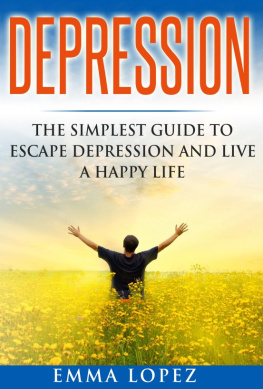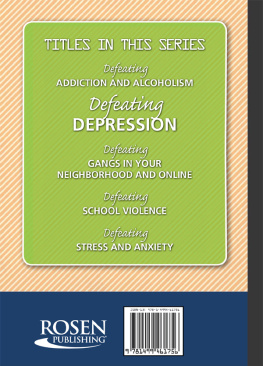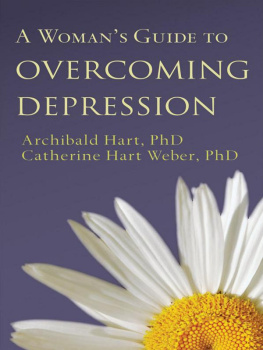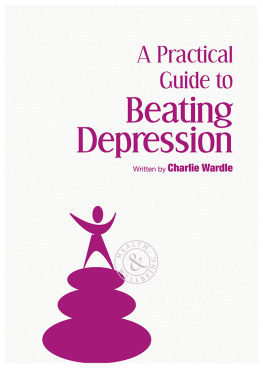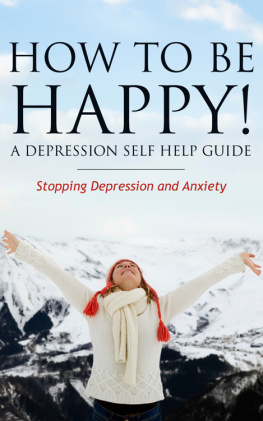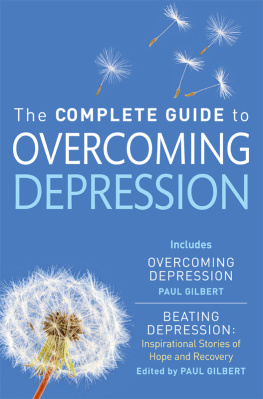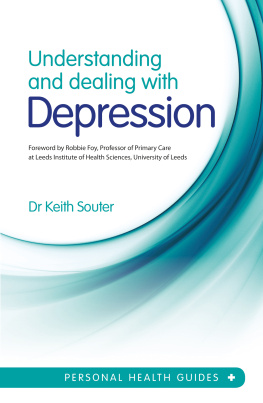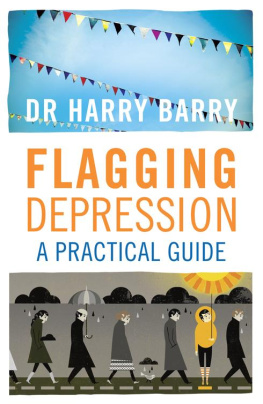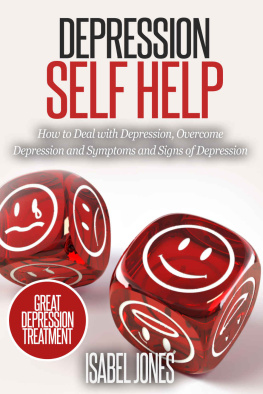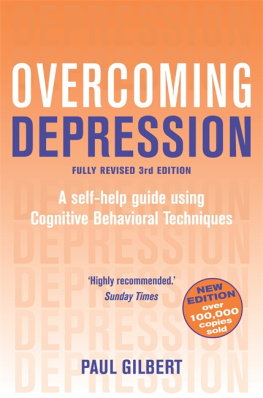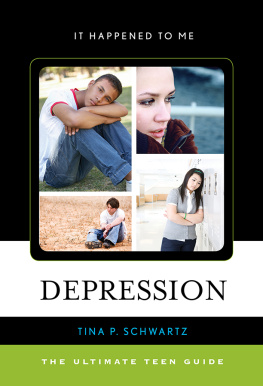40 of 40
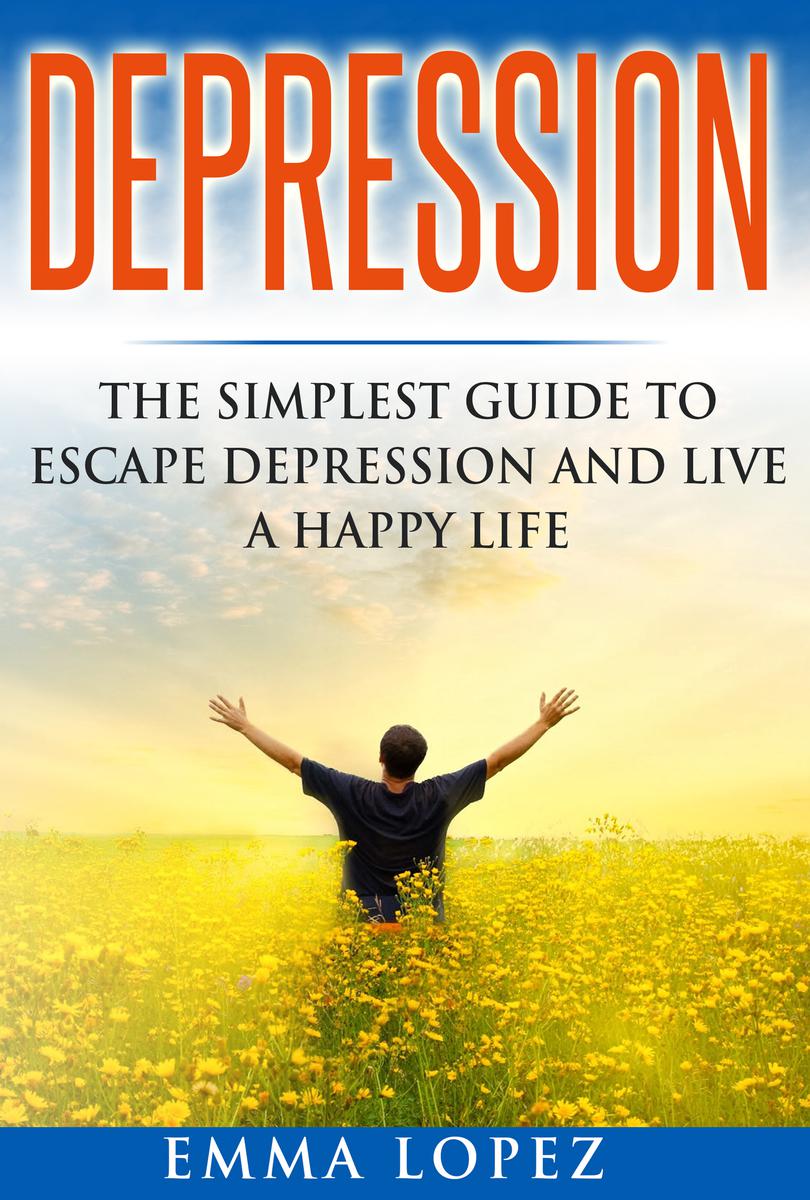
Introduction
Dear Friend,
I want to thank you andcongratulate you for downloading this book!
All the best technics andtricks on How to Overcome Depression are in this book! Only thebest technics are in this book. Because I truly appreciate forchoosing my book instead of others, I want to provide more valueand as a bonus I attach here a document with more ideas to help youwith Overcoming Depression.
ENJOY READING!
To get instant access to the book bonus clickhere.
(EmmaLopez )
(Emma Lopez)
PUBLISHED BY: (EmmaLopez)
Copyright 2016 Allrights reserved.
Nopart of this publication may be copied, reproduced in any format,by any means, electronic or otherwise, without prior consent fromthe copyright owner and publisher of this book.
Chapter 1
"I've had enough, I can'ttake it anymore!"
"It's useless, there is nopoint in going on!"
"I am hopeless, I giveup!"
"I can't stand my lifeanymore!"
"My life is not worthliving anymore!"
"What's the point inliving?"
If these feelings andthoughts of emptiness, despair and worthlessness are intense,prolonged and overwhelming that you find it difficult or evenimpossible to function normally and enjoy life like you once did;and you walk around sad and tired for most of the day and goingthrough it is an ordeal, then you are "depressed". You aresuffering from depressive disorder or clinicaldepression.
How can you fight andovercome your depression?
UnderstandingDepression
The first step ineffectively overcoming depression is to understand it. What is it,how does it affect you, what causes it?
Depression is an illness!It is the most common of all mental health problems. You are notalone!
Key facts
Depression is a commonmental disorder. Globally, an estimated 350 million people of allages suffer from depression.
Depression is the leadingcause of disability worldwide, and is a major contributor to theoverall global burden of disease.
More women are affected bydepression than men.
At its worst, depressioncan lead to suicide.
There are effectivetreatments for depression.
It is not just a passingblue mood, or the normal pain and sadness that follows loss of aloved one, or the "downside" in life's ordinary ups and downs. Thefeelings of emptiness, helplessness, worthlessness, hopelessnessand despair are intense, unrelenting and pervasive to such anextent that these affects your the day-to-day life, affecting yourability to work, study, eat, and sleep.
Common signs and symptomsof depression can include:
Diminished or loss ofinterest in almost all daily activities. Friends, hobbies, sportssocial activities and sex don't interest you like they used to. Youhave become numb to pleasure, joy and happiness.
Sleep disorder. You eithercannot sleep (insomnia), or you wake up in the early hours of themorning, or you oversleep and struggle to get out of bed (you justlike to bury your head under the pillow).
Concentration problem. Youfind it difficult to concentrate, focus and makedecisions.
Loss or Decreased Energy.You are so fatigued, sluggish and feel like a zombie all the time.You drag yourself to work. Simple tasks become difficult and longerto accomplish.
Eating Disorder. Eitheryou have lost your appetite to eat or you cannot stop eating. Youbecome severely underweight or overweight.
Irritability. You havebecome very irritable and short-tempered.
Increased pains and aches.You always complain of headaches, back pain, muscle pain andstomach ache.
Thoughts that life is nolonger worth living. You have lost all enthusiasm and zest forlife.
Types ofDepression
There are various types ofdepression. The most common are Major Depression and Dysthymic.Knowing the type of depression you have can help you effectivelydeal with it.
Major Depressive Disorderor Major Depression. This form of depression interferes with theperson's ability to function normally - to work, study, sleep, eatand enjoy pleasurable activities. It is disabling! The symptoms arepersistent and can range from moderate to severe and if not treatedcan last for several months. It may occur only once in a person'slifetime but more often, it is recurring and each occurrence tendsto last longer and is more debilitating than the onebefore.
Dysthymic or Dysthymia(dys, meaning disorder and thymia, meaning mood). This type ofdepression is less severe. The chronic symptoms of dysthymia arenot as strong as the symptoms of major depression but could lastlonger (two years or more). It does not seriously disable theperson but could prevent him from functioning well or from feelinggood.
The other types ofdepressive disorders are Bipolar Disorder or Manic DeessiveDisorder and Seasonal Affective Disorder (SAD).
Bipolar or ManicDepression is characterized by swing of moods - from one emotionalpole (severe high or mania) to the opposite pole (severe low ordepression). When in the manic mood, one may be hyperactive, overlytalkative, feel abnormally elated and full of grandiose notions,have increased sexual desire, inappropriate social behavior andpoor judgment.
Seasonal AffectiveDisorder (SAD) usually occurs during fall or winter, when naturalsunlight is limited. The surroundings look gray and gloomy most ofthe time and some people get depressed.
Causes of Depression andRisk Factors
Why are you feelingdepressed? What causes your depression?
There is no single causeof depression but rather, a combination of many factors - genetic,biochemical, environmental and psychological.
Depression may run infamilies - meaning it can be hereditary. Some people may inheritgenes that make them susceptible to depression. The genes do notcause the depression but increase the risk when certainpsychological and social factors come into play at the same time.The genetic tendency to depression can be triggered by somestressful life experience.
Studies indicate thatdepression may be caused by chemical imbalance in the brain. Thehuman brain operates on fluids called neurotransmitters, some giveenergy (adrenalin) and some control body movements. Theneurotransmitters associated with depression is called Serotoninwhich regulates mood, sleep, appetite, alertness among others. Whena person is overly stressed for a period of time, the brain usesSerotonin faster than it can create and when the level of Serotonindrops, you become depressed. Other studies indicates thatdepression can also be caused by elevated stress hormone calledCortisol, and by other biological contributors.
These genetic andbiological causes do play certain roles in depression but socialand psychological factors have more enormous impact. The causes andrisk factors for depression may include:
Stressful life experienceslike sudden severe loss (of a loved one, job,friendship).
Loneliness
Marital or relationshipproblems
Financialproblems
Health problems or chronicpain
Childhood trauma orabuse
Alcohol or drug abuse(including prescription medications)
Intense physical or mentaltrauma
Failing at some importanttask
Knowing and understandingthe underlying cause (or causes) of your depression can help inovercoming the disorder. If your depression is caused byloneliness, you can socialize more - go out with friends. If it isyour job that is depressing you, change to a more satisfyingcareer. You can remedy your depression by changing yoursituation!
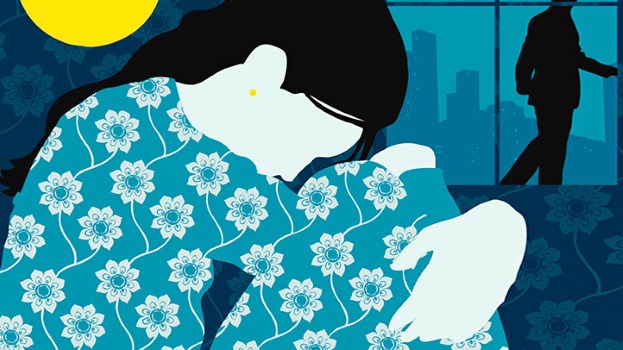
Next page
